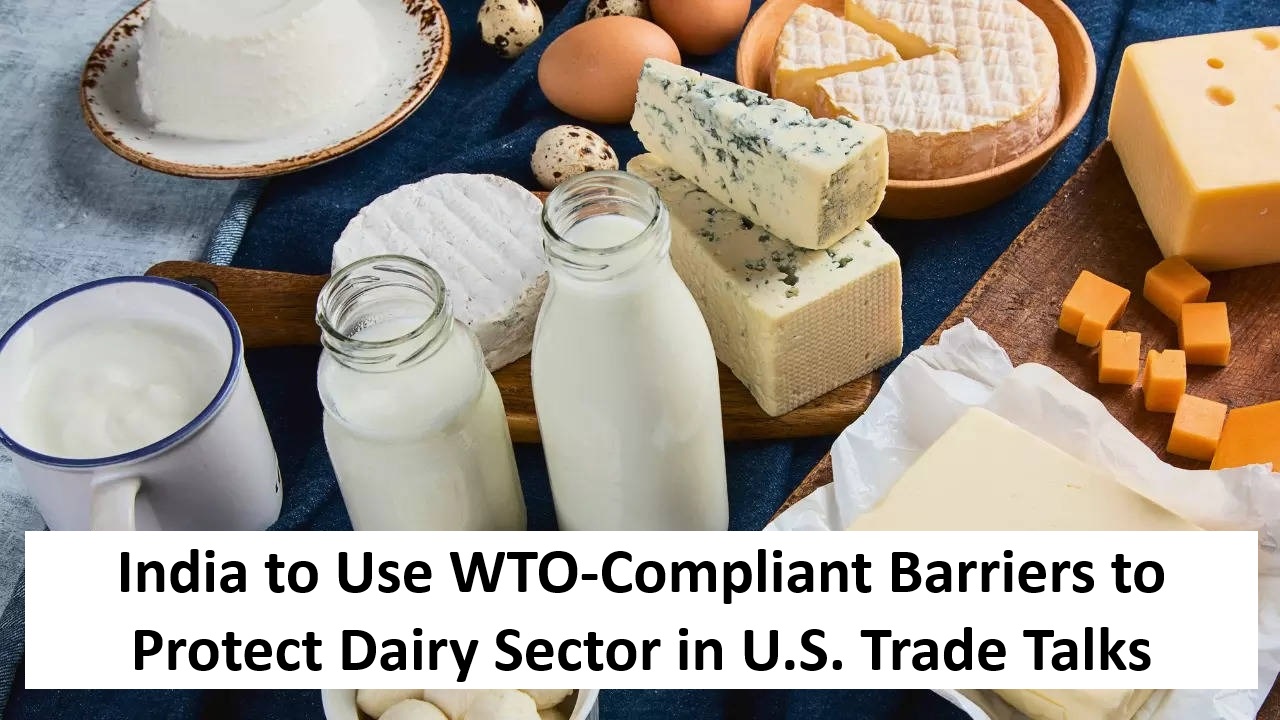
India intends to leverage World Trade Organization-compliant non-tariff barriers (NTBs) to protect its dairy industry in the ongoing trade negotiations with the United States. The talks aim to expand bilateral commerce to $500 billion by 2030, according to a senior government official.
“Some items like dairy will be caught in NTBs for India,” the official told Moneycontrol. The customs and commerce departments are coordinating efforts to safeguard sensitive sectors, including dairy and agriculture, from liberalized trade exposure.
Food Safety and Cultural Standards as Grounds for NTBs
The Indian government is basing its NTB strategy on concerns related to food safety and religious practices. Authorities emphasize the cultural sensitivity around vegetarianism, which prohibits the use of animal-derived feed in dairy production.
Since American cattle may be raised on non-vegetarian feed, India plans to use this as valid justification to exclude dairy products from any trade agreement. “This gives India a legitimate ground to keep dairy out of the agreement, while still offering concessions in other areas,” the official stated.
Non-Tariff Barriers and WTO Compliance
WTO rules permit non-tariff measures like certification and product safety norms, provided they serve recognized public interests such as health, animal welfare, and cultural concerns. India already requires certification that imported dairy originates from animals not fed animal-based products.
This requirement, rooted in India’s largely vegetarian culture, allows the country to uphold domestic standards without violating WTO obligations.
India Maintains Consistency Across Trade Deals
India’s position is consistent in its other trade negotiations, including those with Australia and the European Union. Both trading partners have pressed India to open its dairy market—especially for cheese and milk powder—but India has declined due to political and cultural sensitivities.
The government has prioritized using NTBs to preserve domestic control over dairy standards, while remaining compliant with international norms.
Limited Dairy Trade Despite Global Leadership
India, the world’s largest milk producer, contributes just 0.25% to the global dairy export market. According to APEDA, India exported over ₹2,200 crore worth of dairy products in FY23. U.S.-bound exports remain small and are mostly restricted to ghee, butter, and milk-based items.
Read More: Red Alert or Buying Opportunity? What’s Behind Today’s Stock Market Dip

 Share
Share
_1060084071_100x75.jpg)


